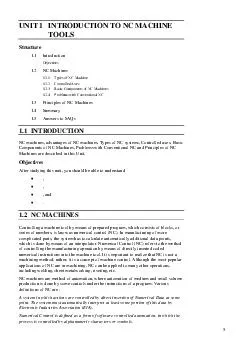PPT-An Introduction to Practice Development
Author : min-jolicoeur | Published Date : 2017-08-25
Magical History Tour of PD 1980s Nursing Development Unit Burford Oxford 1990s PD Units PD hospital roles Evidence based practice PARIHS framework 2000s Concept
Presentation Embed Code
Download Presentation
Download Presentation The PPT/PDF document "An Introduction to Practice Development" is the property of its rightful owner. Permission is granted to download and print the materials on this website for personal, non-commercial use only, and to display it on your personal computer provided you do not modify the materials and that you retain all copyright notices contained in the materials. By downloading content from our website, you accept the terms of this agreement.
An Introduction to Practice Development: Transcript
Download Rules Of Document
"An Introduction to Practice Development"The content belongs to its owner. You may download and print it for personal use, without modification, and keep all copyright notices. By downloading, you agree to these terms.
Related Documents














